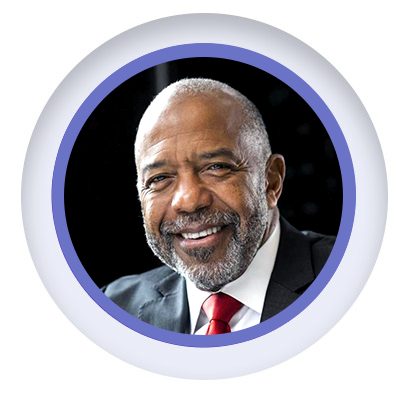Technology-enabled behavioral healthcare experiences are here to stay
By Michael Gorton,
In almost 21,000 senior living units across the United States, administrators have been challenged to address the complex care requirements of their residents, some of the hardest-hit groups during the coronavirus pandemic. They are now beginning to recognize that adopting telehealth solutions is an effective way to cope not only with the fragile mental and physical state of many of their residents’ health, but also to provide appropriate care with limited interaction from the outside world.
Given the scale and magnitude of the pandemic, concern existed about a mental health crisis among older adults. Older adults experienced disproportionately greater adverse effects, including more severe complications, higher mortality, concerns about disruptions to their daily routines, access to care and social isolation from friends and relatives when contact became limited.
For these individuals, administrators are optimizing the use of telehealth to address behavioral and mental health challenges, many of which arose during the pandemic. Poor mental health negatively affects physical health and life expectancies. Individuals with mental health conditions can have an increase in respiratory disease, heart disease and cancer risk because they are less likely to seek care for their physical health…
Continue reading this article by Michael Gorton on: mcknightsseniorliving.com










